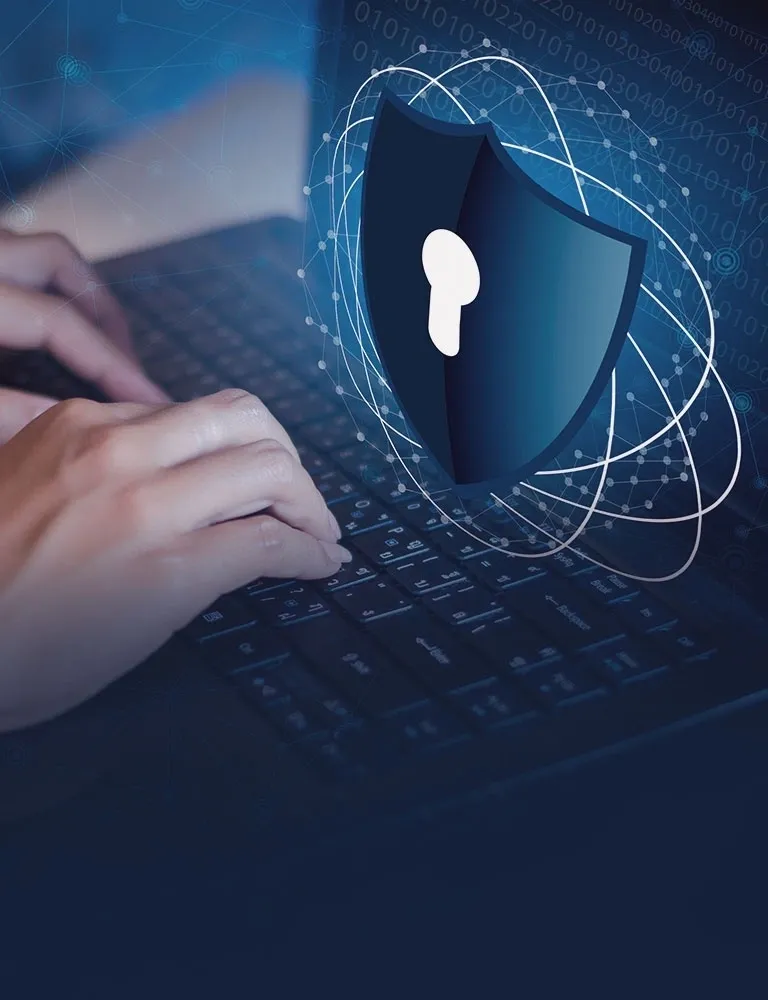Difference Between Cybersecurity, Ethical Hacking, and Information Security
In today’s digital world, terms like cybersecurity, ethical hacking, and information security are often used interchangeably but refer to different practices with distinct goals. Let's explore what each term means and how they work together to protect data and systems.

What is Cybersecurity?
Cybersecurity focuses on protecting computer systems, networks, and data from cyber threats like malware, phishing, and hacking. It involves implementing tools and strategies, such as firewalls, encryption, and intrusion detection systems, to defend against attacks and unauthorized access.
Key components include:
- Network Security
- Application Security
- Data Security
The primary goal is to safeguard digital assets and prevent cyberattacks.
What is Ethical Hacking?
Ethical hacking involves authorized professionals (ethical hackers) attempting to breach systems to identify vulnerabilities. Unlike malicious hackers, ethical hackers work with permission to test and improve security by simulating attacks.
Key steps include:
- Reconnaissance: Gathering information about a system.
- Exploitation: Identifying and testing vulnerabilities.
- Reporting: Providing recommendations for strengthening security.
Ethical hacking helps organizations fix weaknesses before malicious hackers can exploit them.
What is Information Security?
Information Security (InfoSec) is a broader concept that focuses on protecting all types of information—whether digital or physical—against unauthorized access, use, and destruction. It includes physical security, data protection, and strict access controls.
Key principles:
- Confidentiality: Protecting sensitive information.
- Integrity: Ensuring data accuracy.
- Availability: Ensuring information is accessible when needed.
While cybersecurity focuses on digital protection and ethical hacking tests defenses, information security ensures the overall protection of all information.
Key Differences
Aspect Cybersecurity Ethical Hacking Information Security Definition Protecting digital systems from cyber threats. Identifying system vulnerabilities through authorized hacking. Protecting all types of information from unauthorized access. Focus Digital threats (malware, phishing). Proactively testing for weaknesses. All forms of information, digital and physical. Scope Networks and systems. Testing and simulating attacks. Covers all aspects of information security. Goal Prevent cyberattacks and unauthorized access. Find vulnerabilities before attackers can exploit them. Protect the confidentiality, integrity, and availability of data.
How Do They Work Together?
Cybersecurity defends against threats, ethical hacking tests those defenses, and information security ensures the protection of all types of information. These practices complement each other to create a robust security framework.
Conclusion
While cybersecurity, ethical hacking, and information security are related, each has its own focus and role. Cybersecurity defends against attacks, ethical hacking finds weaknesses, and information security protects all forms of information. Together, they form a comprehensive approach to data and system protection in our digital world.
This shorter version maintains the key points while being more concise.